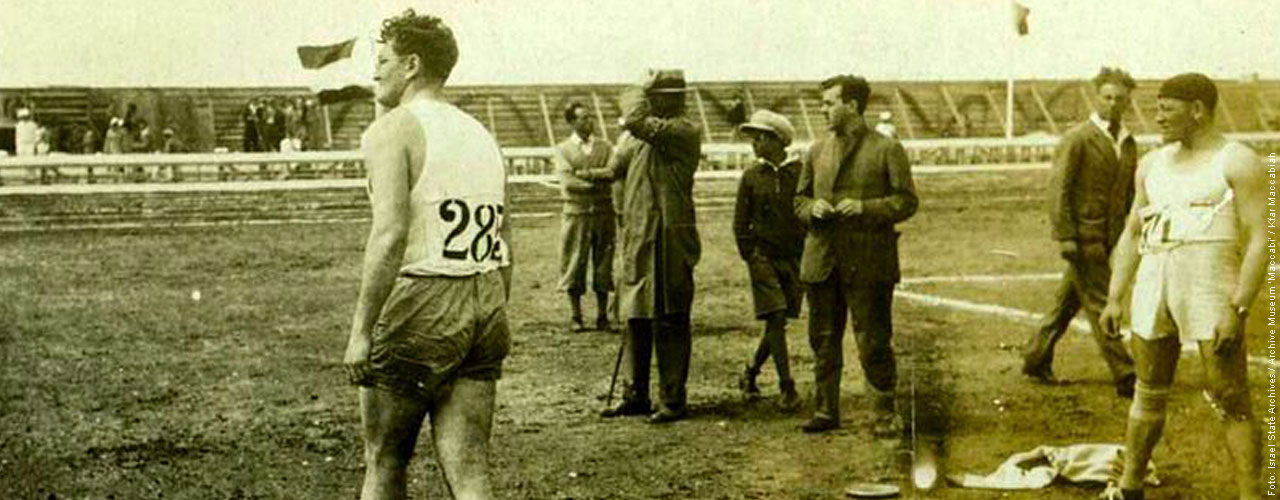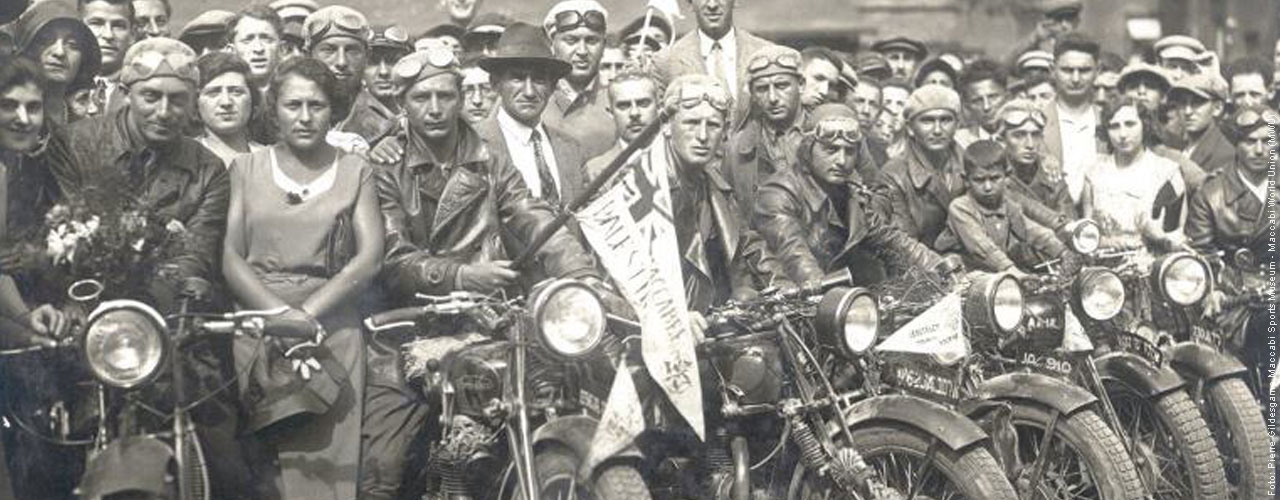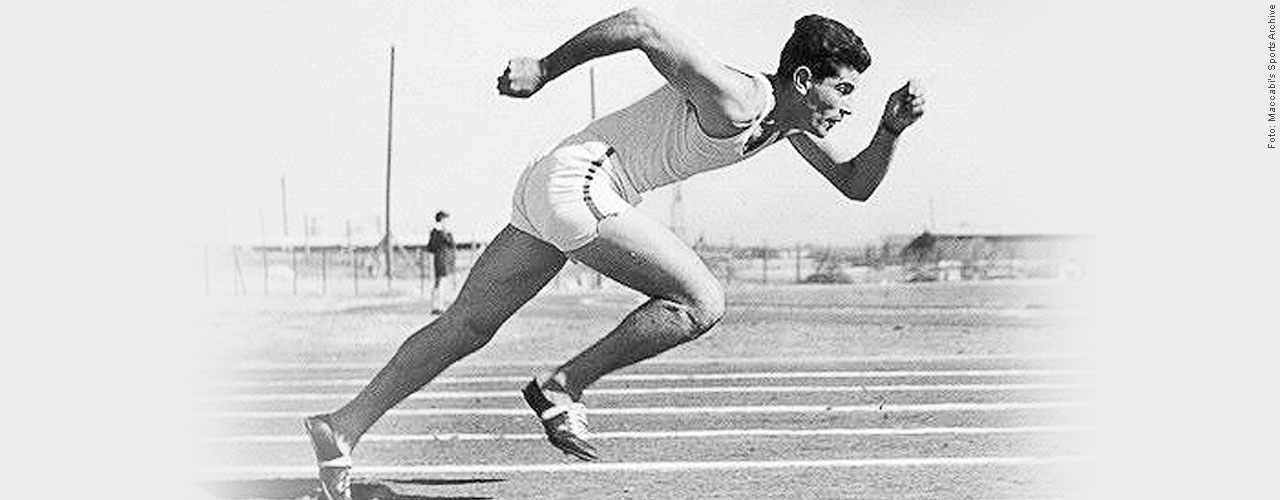Historical background of Jewish sports
The Maccabi movement began in 1895 when Jewish sports clubs were founded in Eastern and Central Europe. The first club was established in Constantinople Turkey, called the “Jewish Sports Club”, formed by expatriate Jews from Europe who were excluded from membership in similar clubs. Instead of accepting their exclusion from the institution, they formed the Constantinople Maccabi Society, which spread rapidly as a model across the Bosporus to other European centers of Jewish life. The second Jewish sports club was founded in Berlin in 1898. Germany and especially Berlin played a big role in the formation of Jewish sports clubs as well as the creation of the Maccabiah (largest international Jewish multi-sport event held quadrennially in Israel).
Up to the 19th century many Jews were members of European sports clubs. The establishment of Jewish clubs was a result of two factors. On the one hand, Jews were edged out of their sports clubs due to growing anti-Semitism. One drastic example is Austria, where Jews were excluded from the sports clubs entirely. On the other hand, some Jews were motivated to join the Jewish clubs by the upcoming nationalism.
At the 12th World Jewish Congress in Karlsbad, Czechoslovakia, the secretariat of Jewish sport leaders decided to form one umbrella organization for all Jewish sport associations and name it Maccabi World Union. Dr. Heinrich Kuhn of Germany was elected President, and Maccabi operated as an integral part of the World Zionist Movement, with headquarters in Vienna, which moved to Brno, Czechoslovakia in 1927 and to Berlin, Germany in 1929. By the end of the decade, Maccabi had blossomed to encompass 22 regions and over 100,000 members.
At the 12th World Jewish Congress in Karlsbad, Czechoslovakia, the secretariat of Jewish sport leaders decided to form one umbrella organization for all Jewish sport associations and name it Maccabi World Union. Dr. Heinrich Kuhn of Germany was elected President, and Maccabi operated as an integral part of the World Zionist Movement, with headquarters in Vienna, which moved to Brno, Czechoslovakia in 1927 and to Berlin, Germany in 1929. By the end of the decade, Maccabi had blossomed to encompass 22 regions and over 100,000 members.
The country’s first sports stadium was built near Tel Aviv for the first Maccabiah. The first Maccabiah was held from March 28th – March 31st 1932 in Palestine with 20.000 visitors. Approximately 390 athletes from 14 countries participated in the competition.
Three years later the second Maccabiah took place from April 2nd – 7th 1935 with 40.000 to 50.000 visitors and 1.350 athletes from 28 countries. The 2. Maccabiah, which was the last before the outbreak of World War Two, already showed signs of the National-Socialist persecutions. Maccabi used the games as a way to illegally bring Jews to Eretz Yisrael and to effectively bypass the British White Paper. It was for that reason that the games were nicknamed the Aliyah Olympics. One of the most notable examples was the Bulgarian delegation, where all 350 of its members stayed in Palestine; even the entire Maccabi Bulgaria orchestra that came with them and performed at the opening and closing ceremonies stayed. Additionally, the majority of the German and Polish team took the opportunity to stay in Palestine.
The planned third Maccabiah was not held in 1938 because of the Arab revolt. After that, no further Maccabioth were carried out, because of the National-Socialist horrors, the Second World War and the independence of Israel.
Not until after that, was carried on.
20th century
The tradition of the “Jewish Olympia” was picked up in 1950. The second Maccabiah followed in 1953. After that, a four year rhythm was established, analogue to the Olympic Games.
Following the lead of many Maccabi clubs in Europe, Maccabi Germany (Makkabi Deutschland) was re-established in 1965 as the German umbrella association.
Today, German Maccabi teams participate regularly in the Maccabiah, as well as the European Maccabi Games.









